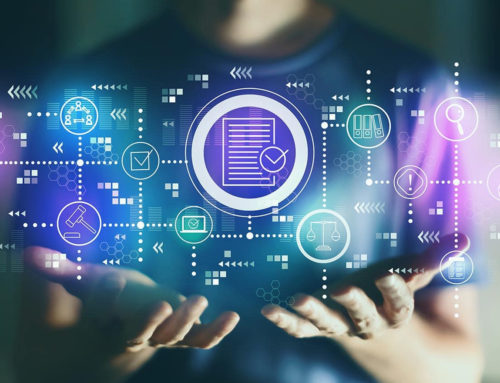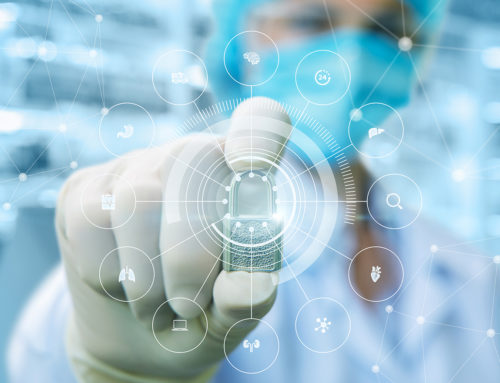 COVID-19 has Rapidly Changed Our World & Privacy
COVID-19 has Rapidly Changed Our World & Privacy
In a matter of mere months, the SARS-CoV-2 virus has changed our world forever. The speed at which this virus spanned the globe, infecting people in every corner of the planet, is an astonishing object lesson illustrating the connectedness of humanity. The devastation caused by this virus is terrible and demands an extraordinary response, but we need to be careful that fighting the outbreak does not turn back hard-won human rights to individual privacy.
If there is anything to be encouraged by in these difficult times, it is the speed at which business has responded to the crisis, and the creative ways people devise to contribute. Automotive manufacturers are retooling assembly lines virtually overnight to build ventilators. Close to me, there is a distillery that is now making hand sanitizer. And sewing masks has become a fully-fledged cottage industry, in which anyone with materials can contribute to the fight against the virus.
Accelerating COVID Research & Data Science
The research community is also rising to the challenge and upending its regular process and status quo. Human vaccine trials, which usually take years to build up to, are already underway. It is an extraordinary response. Gone are long review and publishing cycles, as pre-prints circulate within hours of results becoming available. This courts controversy, as issues in methodology or interpretation usually settled by reviewers, are now argued in a public forum. But we need to share insights fast and it is unlikely that this genie will go easily back into its bottle when the crisis subsides.
The key to all of this, of course, is modern communications. Think of how different our experience of lockdown would have been in the pre-zoom era, a scant few years ago. Today, so many of us can uproot from offices and work from home with relative ease.
COVID Impact on Data Privacy
However, there is a dark side to information sharing we must acknowledge. This is the potential loss of privacy. It is all too easy to share a sensitive data set with a collaborator in the name of fighting the Coronavirus. After all, what are a few patient names in the battle to stop a global pandemic?
We must fight the urge to throw out the right to privacy. Even in times of crisis, privacy is too important to forego. Fortunately, there are solutions that allow us to share sensitive information safely and still derive value from it.
Keep Location Data Private: Privacy-Preserving Contact Tracing
I am encouraged by the work between Apple and Google to make cell phone tracking information available without compromising an individual’s right to privacy. Contact tracing is an essential tool to manage outbreaks, but it needs the consent of individuals and a solution that respects our expectation that our movement is something private. The solution these two tech giants have come up with is clever, customizable, and a great model of cooperation between two normally competing tech giants.
PHEMI & COVID-19 Data Privacy
There are also mature solutions that encourage sharing sensitive data, such as patient records, safely and securely. Here at PHEMI, we designed our Data Privacy Manager product to ensure that private information is kept private, but the value of a data set can still be realized by properly authorized parties.
For example, using PHEMI Data Privacy Manager, a health authority could centralize their collection of COVID-19 test results into a shared repository. Caregivers who are authorized to see an individual patient’s full information, such as an emergency room doctor, have access to the detailed records they need. But researchers, who are looking for patterns in populations, see only anonymized data, which serves their need without compromising patient confidentiality.
Moving forward: Privacy, Collaboration & Secure Data Sharing
It is a given that the world will not be the same post-COVID-19. Some of these changes we will regard as negative, but necessary, much like the increased security around air travel after 9/11. But some changes should move our society forward. Increasing the ability to securely share patient data among collaborators, while preserving patient privacy, should be one of those steps forward.
Written by: K.Scott Morrison, PHEMI CTO


